Meet Ms Isobel Monaghan, Latin Teacher at Sompting Abbotts Preparatory School
Hello Ms Monaghan, tell us about your role at Sompting Abbotts
I teach Latin to Years 6, 7 and 8, up to Common Entrance and Scholarship level.
What are your qualifications and training?
I have a PGCE from the Institute of Education in London and a BA Honours in Modern Languages with Business from Swansea University, where I studied Spanish and also Russian (ab initio) and was introduced to Latin.
Tell us about your career to date
I’ve been teaching for over 15 years and have taught in both state schools and international schools; rural primary schools, and London city schools.
I’ve always focused mainly on KS2 and languages, teaching French and Spanish alongside other national curriculum subjects such as maths and science.
Abroad, I was employed at Deira International School (DIS) in Dubai in the Middle East and as one of the inaugural teachers, I had an exciting opportunity to contribute to the development of a new school. I found teaching in an international environment so rewarding. It was a school where different cultures valued and respected each others’ viewpoints and learned from each other – something I also see at Sompting Abbotts!
In Portugal, I spent two years teaching at the prestigious bilingual St Julian’s School, just outside Lisbon. I loved the smaller class sizes and really getting to know the children you teach. I took the opportunity to learn Portuguese and acquired a taste for real coffee – I love Portuguese coffee. Uma meia de leite ‘scura se faz favor was my favourite phrase!
What's the biggest benefit of learning Latin in your view?
I think that studying Latin gives you a unique chance to learn a language that has had such influence on so many modern European languages. There are practical reasons for learning this extinct language. It can make acquiring second, third, even fourth languages easier. I still find it exciting when I find a link between Latin and perhaps French or Spanish, as well as English and I never tire of seeing that 'Ah!' moment when pupils make a connection. Each sentence is a little logic puzzle and children get huge satisfaction in working out the solution.
Transferable skills abound such as paying careful attention to detail. I also think it helps with computational thinking and STEM skills in general because Latin is what I call a mathematical language.
The structure of the grammar in Latin has much more in common with the structure of mathematical logic than many modern languages so it's good for flexing the brain muscles in so many ways.
Then of course there is the window that this subject opens onto the lives, beliefs, art and literature of one of the most significant global cultures. The Ancient Mediterrannean World had a formative effect on all of us, and so we all deserve the opportunity to learn about this fascinating place and time.
What took you into teaching?
It was just natural to me. I wanted (and still do) to share my own love of learning – and to pass on that special moment learning a language when all of a sudden you find yourself dreaming in the language – no subtitles needed.
For me, seeing that ‘lightbulb’ moment when something a child is struggling with suddenly clicks for a child - and you know you have made the difference – is for me rather addictive. That, and constantly being told when growing up that I would be a good teacher! I think my younger siblings were subjected to much school role play.
Why did you choose to focus on languages?
Languages have always been my passion – I’d say I’m certainly multilingual, perhaps a polyglot – and it’s allowed me to travel and make friends all over the world. I speak six languages (French, Spanish, Italian, Portuguese, Russian and Latin). I did things in reverse somewhat – coming later to Latin. It made it only more apparent how Latin underpins so many other languages and how languages develop and evolve from one another. The roots of Latin stretch far and wide. Having a knowledge of Latin etymology and word roots significantly boosts reading comprehension in both English and other languages - it’s so helpful.
What did you do before teaching?
I have always been a lover of travel and adventure. My wanderlust has taken me to Europe, Australia, New Zealand, Central America, South East Asia and parts of the Middle East. I have experienced lots of different environments and locations.
Highlights are camping out in the desert of Wadi Rum in Jordan; trekking through the rainforest in Guatemala to reach the pyramids at Tikal; and climbing the Franz Josef glacier in New Zealand.
Back here in Sussex, I’m still a lover of the outdoors, I enjoy walking and cycling on the South Downs and am a keen sailor and have taken part in Cowes Week and The Dartmouth Regatta.
Tell us something we don’t know about you?
Probably the most scary moment was getting stuck overnight in car in middle of Chobe National Park in Botswana.
The car I was driving at sunset hit a rock in a wet ditch and that severed the fuel pipe. There was no choice but to stay put and to hope not to awaken the curiosity of any of the lions, jackals, cheetahs, hippos or elephants that roam free there. I was okay in the end but it was probably the most tense and sleepless night I’ve ever had!

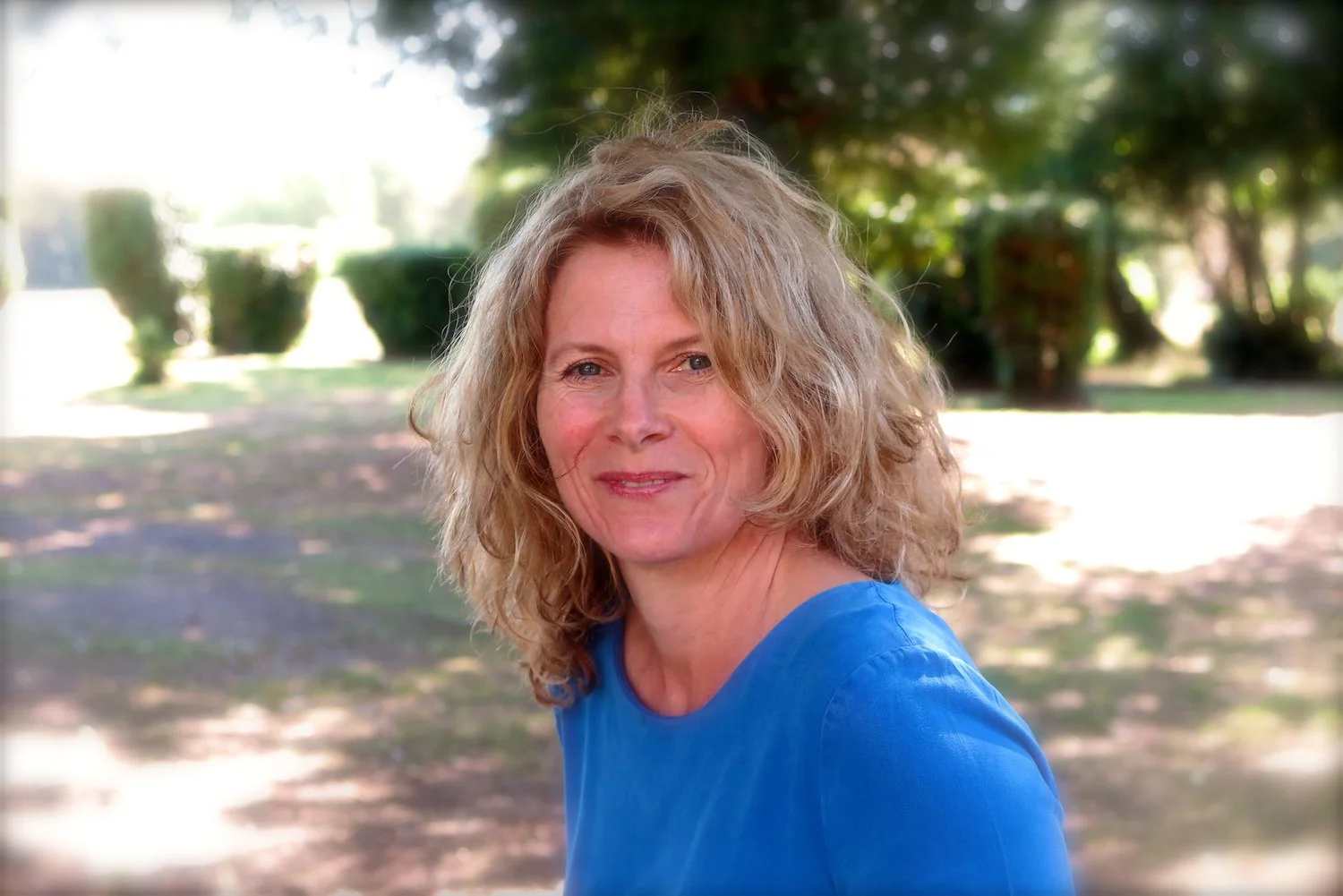
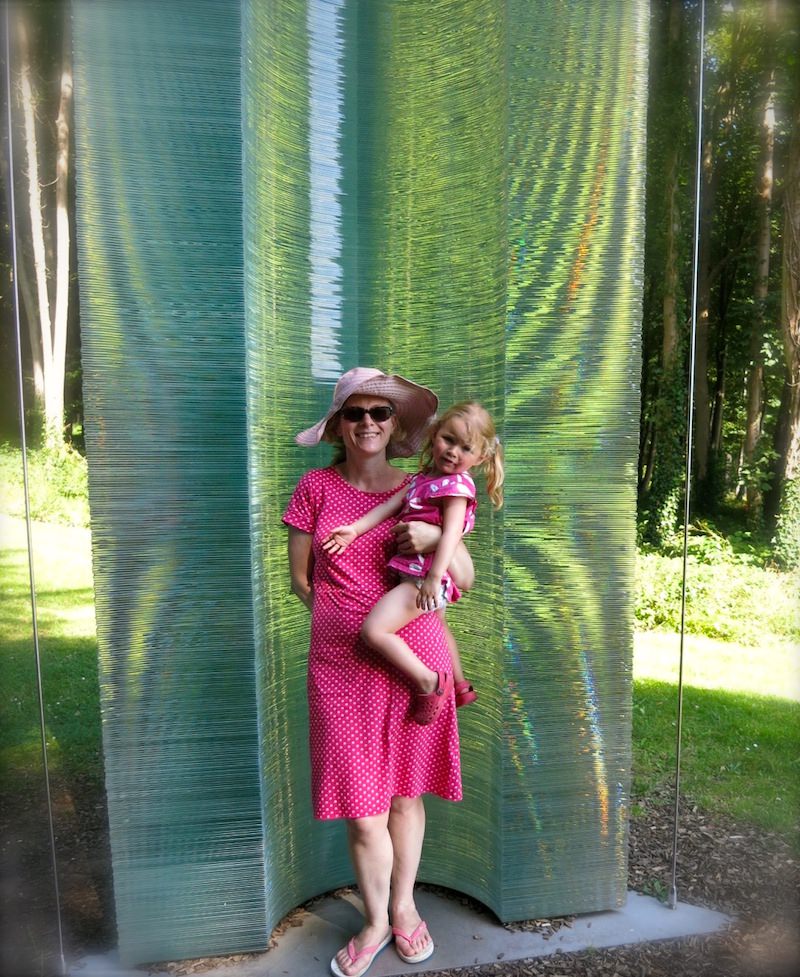






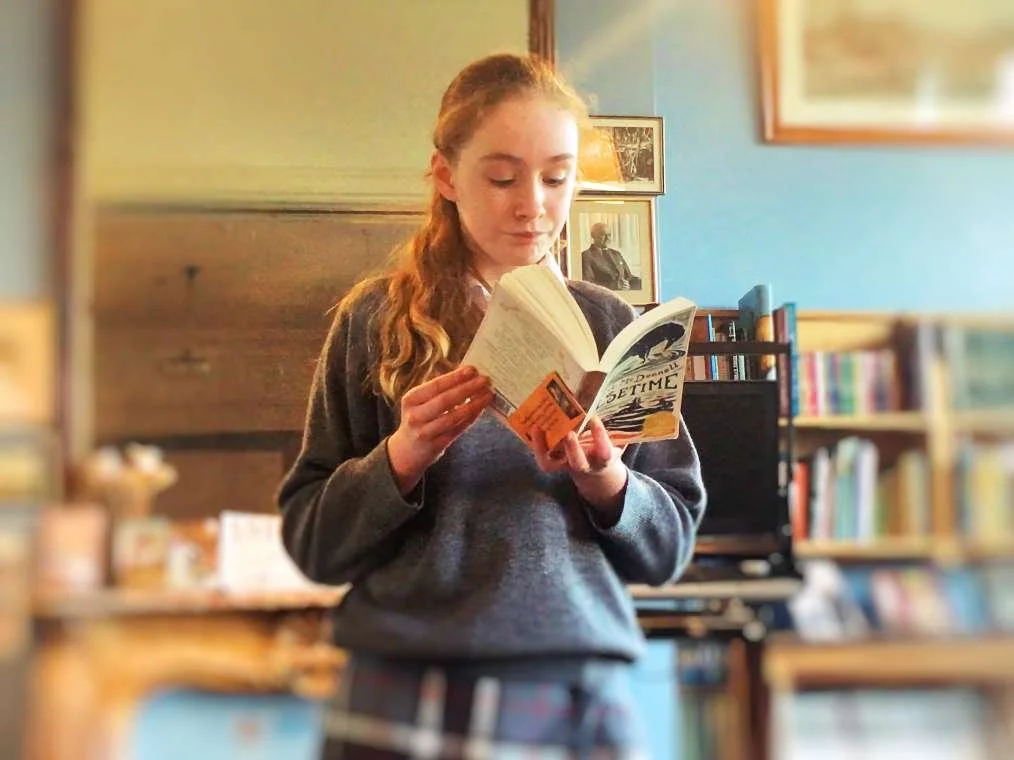














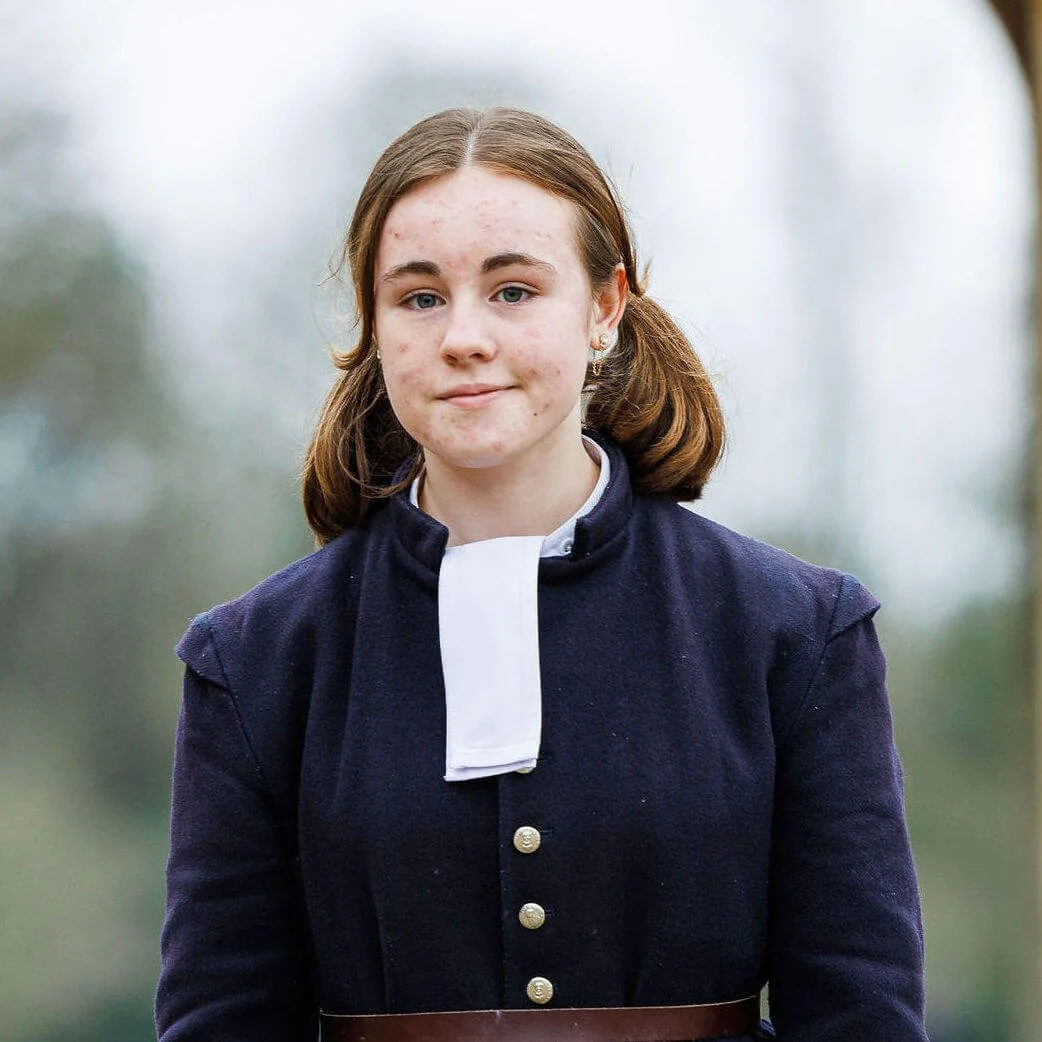
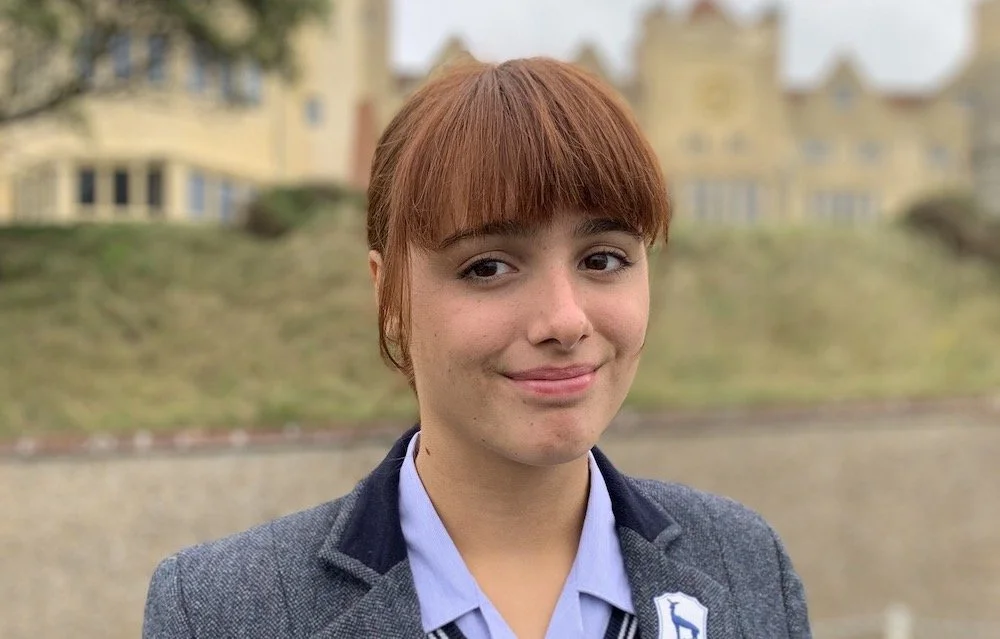




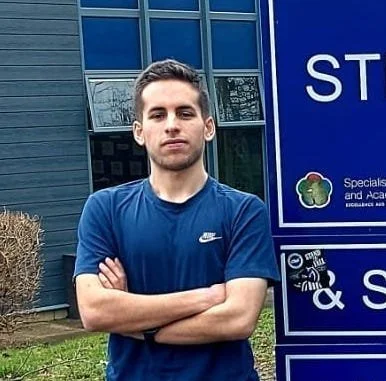






At Sompting Abbotts, we adopt a school-wide ethos that embodies our commitment to the environment. Its principles – 'Embrace Nature; Embrace Learning; Embrace Childhood' – are threaded through our teaching, influencing every child's journey from Pre-Prep to Upper Prep. Our 30-acre grounds and woodland in the South Downs National Park are at its roots.